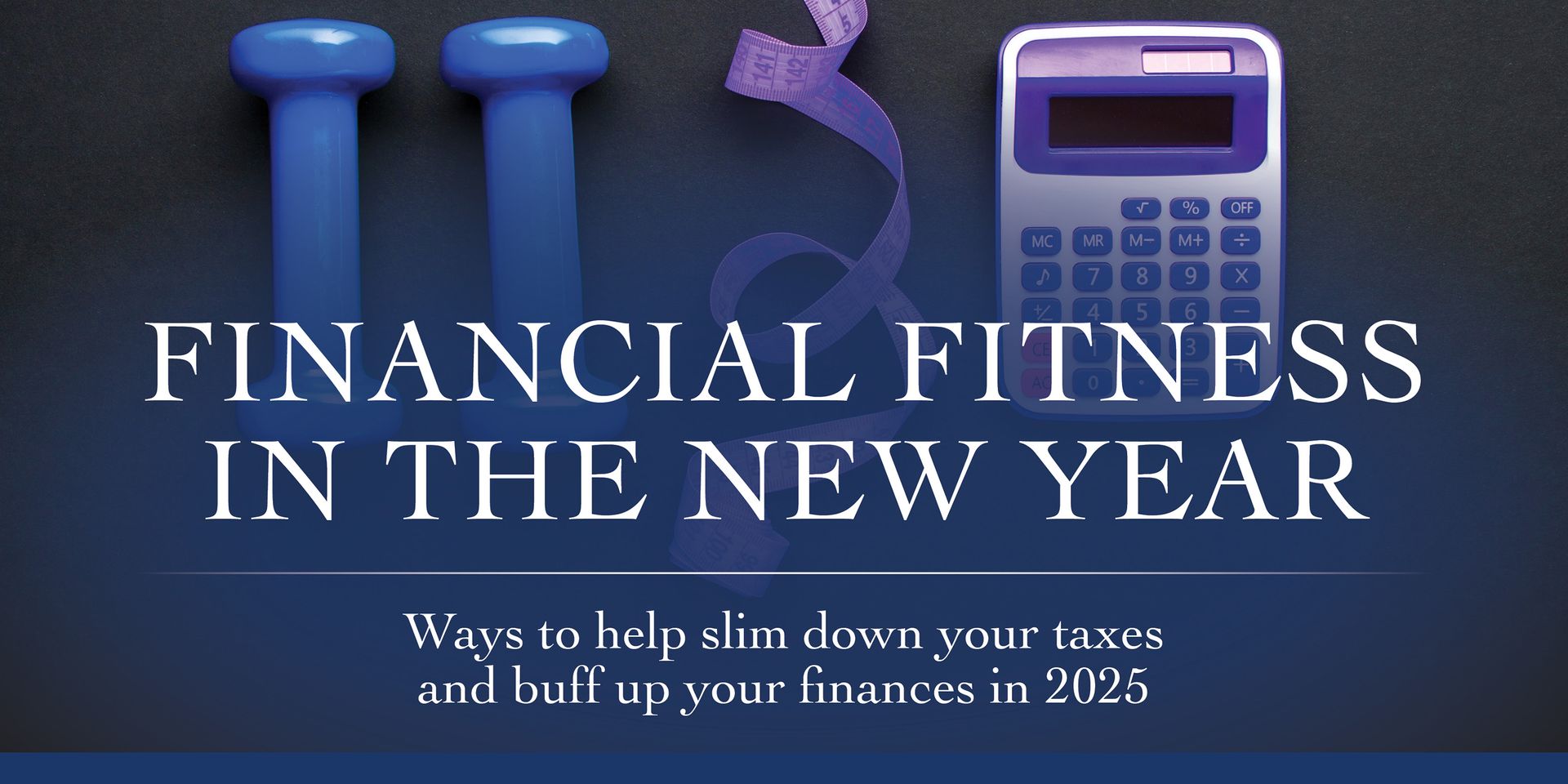“It turns out my job was not to find great investments, but to help create great investors,” writes Carl Richards, author of “The Behavior Gap.”1 From increasing our budget mindfulness to taking a steadier approach to investing, Richards has drawn attention to the way our unexamined behaviors and emotions can be to our detriment when it comes to living a happy and financially sound life.
In many cases, we make poor financial decisions when experiencing panic or anxiety as a result of personal or widespread events. Below we discuss the common financial behaviors driven by such circumstances.
The Behavior Gap Explained
Coined by Richards, “the behavior gap” refers to the difference between a smart financial decision versus what we actually decide to do. Many people miss out on higher returns because of emotionally driven decisions, creating a gap — “the behavior gap” — between their lower returns and what they could have earned.
4 Common Emotions that Can Create a Behavior Gap
#1: Excitement When Stocks Are High
Whether in a bull market or witnessing the hype from a product release, many investors may feel tempted to increase their risks or attempt to gain from emerging investments when stocks are high. This can lead to investors constantly readjusting their portfolios as the market itself experiences upswings. An investor who follows such patterns is likely to do the same with declines and may end up trying to time the market amidst its inevitable, unpredictable movement.
#2: Fear When Stocks Are Low
In response to market volatility, investors may feel the need to choose more secure investments and avoid uncertain or seemingly unsafe investments. When stocks are low, a common response may be to sell and effectively miss out on potential long-term gains.
#3: Engagement in the Search for Alpha
People yearn to make money and take action to do so. Throughout our lives, this emotional desire is likely a constant one. As such, many seek the help of a financial professional to procure above-average returns, otherwise known as “alpha.”1 However, in this search for “alpha,” our humanness — our emotions and our behaviors — may lead us astray. Ironically, studies done by DALBAR have calculated the “average investment return” as compared to investor returns and have shown that investor returns are lower.1 The underlying emotional desire and pursuit of money is exactly the recipe for unwise behaviors in response to emotions — but only if left unchecked.
#4: Short-Term Anxiety and Focus
As humans, viewing aspects of our lives through the lenses of current circumstances is normal. One emotional response to any event, however, is letting the moment consume us, especially if faced with grave consequences — from our personal health being compromised to the loss of loved ones. Many may find it difficult in these times to both think long-term and to remember logic. However, making a rash decision can inhibit the long-term benefit that comes from maintaining a balanced perspective without reactionary behavior.
How to Lessen the Behavior Gap for Your Financial Health
At any given point, the market can go up, down or it can remain the same. While many aspects of the market are out of our control, one thing we can control right now is how we handle our financial strategy. Remembering the likelihood of recovery over time — and the market’s nearly inevitable up-and-down movement — can provide a more logical angle to calm the nerves.
If you’re experiencing financial anxiety, take a breath and also remember the potential for long-term gains. Of course, you can and should always reach out us for further clarification and advisement.
Licensed Insurance Professional. We are an independent financial services firm helping individuals create retirement strategies using a variety of investment and insurance products to custom suit their needs and objectives. This material has been prepared for informational and educational purposes only. It is not intended to provide, and should not be relied upon for, accounting, legal, tax or investment advice.
Advisory Services Offered Through CreativeOne Wealth, LLC an SEC Registered Investment Advisor. Trinity Financial Group and CreativeOne Wealth, LLC are not affiliated.
Licensed Insurance Professional. We are an independent financial services firm helping individuals create retirement strategies using a variety of investment and insurance products to custom suit their needs and objectives. This material has been prepared for informational and educational purposes only. It is not intended to provide, and should not be relied upon for, accounting, legal, tax or investment advice. ARE-7555 | 20229 - 2020/7/7







Ready to start a conversation?
Developing your custom retirement plan begins here. We’ll spend 15 minutes getting to know you and your needs to match you with an advisor committed to helping you achieve your retirement goals.
Fields marked with a * are required.
Fill out the form below and a member of our team will be in touch with you shortly.
We will get back to you as soon as possible
Please try again later
¹https://www.ssa.gov/policy/docs/quickfacts/stat_snapshot/
²https://www.ssa.gov/oact/quickcalc/earlyretire.html
³https://www.ssa.gov/benefits/retirement/planner/delayret.html
⁴https://www.ssa.gov/benefits/retirement/planner/taxes.html
⁵https://www.cnbc.com/2021/09/01/americans-are-behind-on-retirement-savings-heres-how-to-get-on-track.html
⁶https://www.fidelity.com/viewpoints/personal-finance/plan-for-rising-health-care-costs
⁷https://www.federalreserve.gov/publications/2021-economic-well-being-of-us-households-in-2020-retirement.htm
Advisory Services Offered Through CreativeOne Wealth, LLC an SEC Registered Investment Advisor. Trinity Financial Group and CreativeOne Wealth, LLC are not affiliated.
Licensed Insurance Professional. We are an independent financial services firm helping individuals create retirement strategies using a variety of investment and insurance products to custom suit their needs and objectives. This material has been prepared for informational and educational purposes only. It is not intended to provide, and should not be relied upon for, accounting, legal, tax or investment advice. 22219 - 2022/9/13
Investing involves risk, including the loss of principal. No Investment strategy can guarantee a profit or protect against loss in a period of declining values. Any references to protection benefits or lifetime income generally refer to fixed insurance products, never securities or investment products. Insurance and annuity products are backed by the financial strength and claims-paying ability of the issuing insurance company.
Trinity Financial Group does not provide legal advice and cannot draft legal documents. We work with experienced CPA’s, tax planners and estate planning attorneys who develop the legal documents that express a client’s estate planning intentions. We are pleased to work with a client’s current estate planning attorney, CPA®, and other advisers.
Investment advisory services are provided in accordance with a fiduciary duty of care and loyalty that includes putting your interests first and disclosing conflicts. Insurance services have a best interest standard which requires recommendations to be in your best interest. Advisors may receive commission for the sale of insurance and annuity products. Additional details including potential conflicts of interest are available in our firm's ADV Part 2A and Form CRS (for advisory services) and the Insurance Agent Disclosure for Annuities form (for annuity recommendations).





